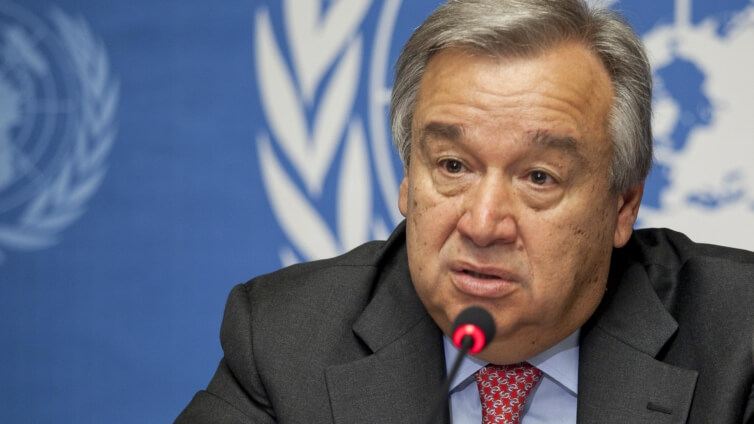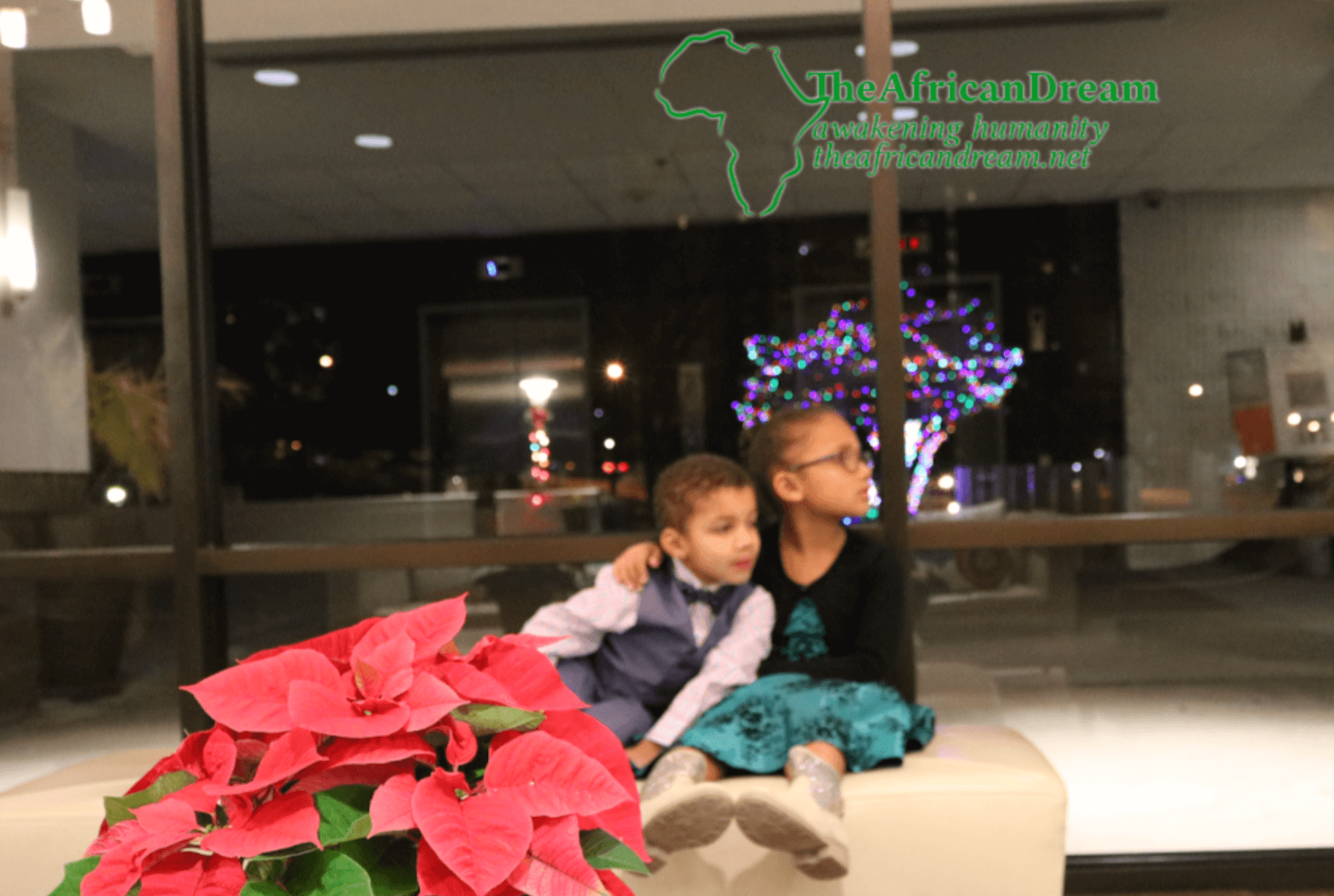

“I would not look to the U.S. Constitution, if I were drafting a Constitution … I might look at the Constitution of South Africa. That was a deliberate attempt to have a fundamental instrument of government that embraced basic human rights, and had an independent judiciary … It really is, I think, a great piece of work.”
— Supreme Court Justice Ruth Bader Ginsburg, speaking in an interview in 2012
Politicians faltered. Commerce was compromised. National values were subverted. But in the end, institutions held, and engaged citizens prevailed. And so Jacob Zuma, who had boasted that his political party would rule South Africa until the second coming of Christ, did not make it to the end of his second presidential term.
Zuma’s resignation last week, amid allegations of corruption and maladministration, had an air of inevitability about it, and one now struggles to recall the declarations of partisans who swore that he would never lose his grip on the African National Congress — the once widely revered party of liberation. But Zuma’s departure was made possible through the combined resistance and interrogation of a broad cross-section of actors who refused to reduce their aspirations for their democracy. Their conviction, strategic acumen and unrelenting stamina can serve as a model of resistance for all who oppose state corruption and would-be authoritarians – yes, including here in the United States.
“I can’t eat history. I can’t feed my child history.” Those words have haunted me since I heard them from a young man at a polling station in Johannesburg in 2013. I was drawn to his dramatic crimson overalls and beret that marked him as a member of the Economic Freedom Fighters, a nascent opposition party. I had approached him and asked what it was that made him turn away from the party of Nelson Mandela and Walter Sisulu and that much-lauded history. His pained, poetic response and recounting of the details of Zuma’s growing kleptocracy gave a sharp indictment of the course of the democracy in the years following the end of Mandela’s defining presidency. The Zuma years were marked by a retreat from the high sense of servant leadership in national and provincial government, and a retreat from the use of South Africa’s hard-earned moral leverage in international affairs — a result of its engagement in peace negotiations across the continent and world. Beyond the corruption, there was a brutish stamping-out of critical voices within the ANC coalition. The economy stumbled adrift, further marginalizing young South Africans who saw their dreams constrained by inadequate, costly education and fewer jobs that would allow them to gain a foothold in the middle class.
To his lasting credit, Zuma did lead in a turnaround in health care during the height of the AIDS crisis, but he denuded ministries and parastatals with the appointment of a cadre who lacked policy expertise but who had a talent for self-enrichment masked by populist rhetoric. State capture became a catchphrase across the land.
Fortunately, there is nothing wrong in South Africa that cannot be fixed by all that is right in South Africa. The country has a deep vein of civic engagement to tap. South African jazz legend Hugh Masekela, who recently died, described his homeland as “a place that has been in a perpetual uprising since 1653, so uprising became a way of life in our culture and we grew up with rallies and strikes and marches and boycotts.” South Africans have codified this instinct in a Constitution that is the envy of jurists the world over. It is a living document animated not only in Parliament but also in heated shebeen (South African pubs) debates.
[South Africa’s new president: Cyril Ramaphosa]
The resistance to Zuma’s web was also deeply networked and populated by civil society activists who were skilled not only at mobilization but in the use of strategic litigation; public servants and whistleblowers who were willing to risk their livelihoods for a greater purpose; journalists who toiled for months at a time on deeply researched and well-sourced exposés; robust opposition parties that rejected any concessions to the centers of corruption, that relied not just on rhetoric but also on the courts, and that endured acts of physical violence; and independent courts and judges who operated with integrity, without consideration of political positioning.
With all of this, it still took years for Zuma to fall. His defeat does not erase the acute challenges before South Africa, which has some of the sharpest disparities in the world and a black majority that rightly wonders about the lagging economic transformation that should have accompanied the post-apartheid political revolution. But Zuma’s demise does represent the opportunity of reform for a movement and nation.
Zuma stormed into office in South Africa on the strength of a charisma that helped him to overcome earlier suspicions of malfeasance and allegations of sexual assault. Observers of American politics cannot fail to see some parallels. It was not until Zuma’s own party suffered stunning losses at the polls that they understood him to be a liability and moved decisively. One wonders what lessons might be drawn here by the GOP.
Source: Patrick Gaspard; president of the Open Society Foundations and former U.S. ambassador to South Africa from 2013 to 2016.
Oral Ofori is Founder and Publisher at www.TheAfricanDream.net, a digital storyteller and producer, and also an information and research consultant.



